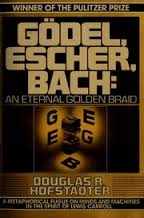A friend said her son wanted to be a writer when he grew up, was a very good writer, yet didn’t do the things she thought a person who wanted to be a writer would do. He didn’t take classes or workshops in writing, he didn’t read books about writing, and he didn’t try to get published. She felt he had an unrealistic picture of what it takes. He is sixteen.
When I was a teenager, I wanted to Be a Writer. I didn’t so much want to write as to Be Famous and Do Book-Signings. I didn’t envision myself doing the real work, the hard work, the typing and erasing and reformatting and taking a comma out and putting it back all day long. I had no real idea of what that would look like.
I did do a lot of writerish things that year. I spent two hours a day locked in a “garret,” a narrow bedroom with nothing of interest in it besides my notebook and my pen. That was a delightful period in which I filled college-ruled pages and read Hemingway and Fitzgerald and Lessing and let my mind wander into a fantasy of being a famous poet.
I entered a poetry contest and signed up for a poetry workshop. I read poetry and I more-bravely-than-sanely submitted poems for publication to the two magazines I admired, The New Yorker and The Atlantic. I won a poetry contest and got rejected by the two magazines.
At fifteen, I came home from a New Year’s Eve party somehow certain my life was passing me by, and that if I didn’t get something accomplished soon, it would all be over before it had begun. “Before it had begun” was certainly on target, though how was it possible to know when it would be “all over”? And what was “it”? My writing career? My adult life?
The next step seemed obvious to me: A writing retreat. An island getaway, perfect solitude and isolation. Before it was too late. A friend had a family vacation cabin on Lopez Island, and my parents were totally into the scheme. I would be alone in the woods for two weeks, me and my typewriter and my frozen chicken breasts and Douglas Hofstadter’s Gödel Escher Bach: An Eternal Golden Braid (a book I believed could only be understood in deep, quiet concentration).
My dad and stepmother drove me out to the dark end of a dirt road and left me alone in the woods. On the way to the cabin, I had a sense of physical terror, a shock of simultaneous heat and cold traveling up my wrists to my neck. Then it passed, and I said to myself, “I must not be scared, I must not let fear in, or I’ll make myself break down in my cabin alone in the woods.”
Two days later, I made the trek down the dark dirt road to the highway and half a mile to the nearest phone booth, called home, and was picked up the next day. I hadn’t spoken aloud (though I did walk down the road at night singing, to keep the monsters away) for 48 hours, and my tongue felt rusty.
But I felt I knew what I needed to know: enough. I knew I could write some interesting stuff, given quiet, solitude, and a typewriter. I knew I could keep from getting terrified, that I could control my response to fear, and that was a huge lesson. And I knew that I needed to be engaged in a world of humans in order to think and come up with words, but that the only way I could understand a non-Achilles-and-Tortoise chapter of Gödel Escher Bach was in silence in the woods.
Did I learn everything I needed to know about becoming a writer? Of course not; writing can only be learned by writing. You can learn a heck of a lot about writing but to do it you need to do it.
What does a 15-year-old know? Nothing, and everything. Like Socrates, the only true wisdom I have is that I know I know nothing, which I didn’t know at fifteen, so I had a ton more confidence then. Now I have a ton more words.
I still don’t have a word for how I turned out. But I do have words in a poem in a box somewhere.

